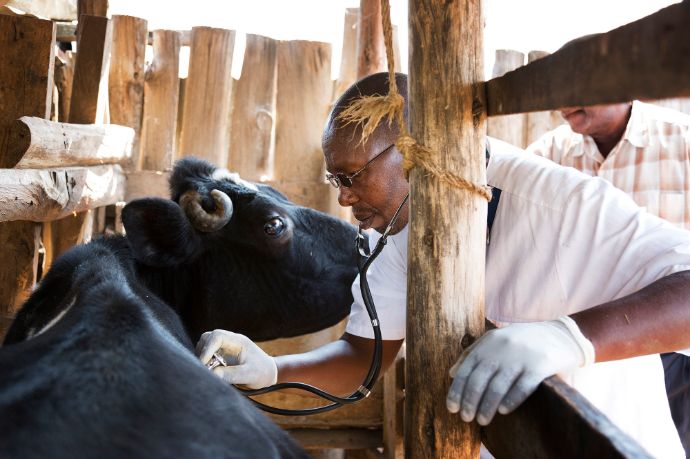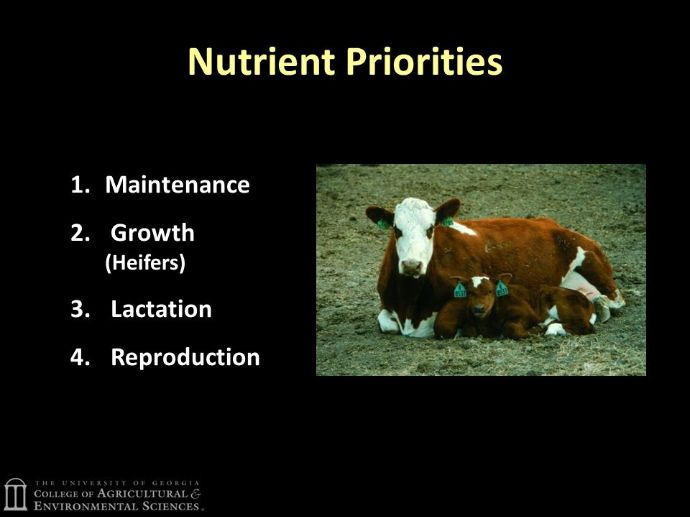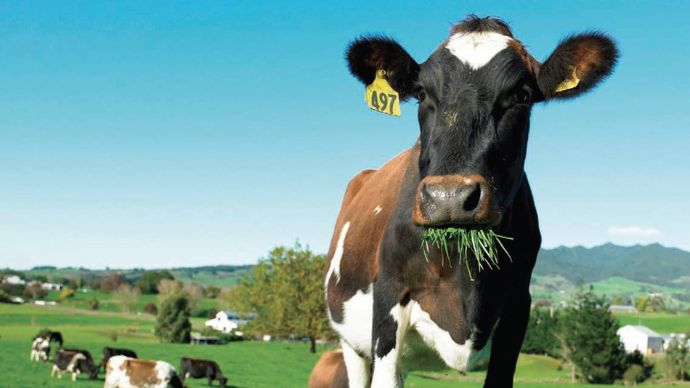
Cattle Feed For Better Dairy Production
Knowing the right diet of cattle is the first step towards achieving a successful farming operation. Balance nutrients play a role in maintaining the health of cattle and quality dairy production. To give the cattle optimum nutrients, many farmers depend upon feed to boost nutritional intake.
Cattle feed contains an accurate quantity of protein, energy, minerals, and vitamins for the proper functioning of their body. It is crucial to provide the right nutrient to cattle for better dairy production. Moreover, if you want to increase the quantity of production, better consult a vet to know the right quantity of feed your cattle need.
Nutrient for dairy cattle production
Achieving the balanced nutrient in the dairy industry requires the right cattle feeds that support milk production, fermentative digestion, and metabolic health. However, feed intake depends on the breed, so you need to provide the right feed as per the vet’s recommendation.
When cattle are provided with the right feed, it ensures that dairy cattle are producing healthy milk. Many farmers look at the feed with nutrient supplements and additives to improve milk yield, digestive function, and rumen bacterial population.
If you are searching for a feed with better quality, then you can choose Jio Feed. Jio cattle feed has the right quantity of nutrients, minerals, and vitamins that your cattle need for better production. Additives used in the Jio cattle feed ensure better digestion, which increases milk yield. Moreover, Jio cattle feed also has bypass fat, so the milk yield is better.
When providing cattle with Jio cattle feed, you will surely encounter improvement in the production. But, to know the right feed intake of the cattle, you need to take them to the vet for the examination. Proving the right quality and quantity of feed can surely benefit your husbandry business.

Regular Vet Checkup
Tips for feeding dairy cattle
Feeding cattle with a supplement is a must to improve the production of dairy products. However, you should not avoid feeding dairy cattle with hay and other nutritious plants. Balancing the nutrient value in the cattle is always something that you need to prioritize. Never compromise on cattle health. If necessary, take the cattle to the vet for a regular check-up.
- Try to feed the cattle by the same person regularly.
- If you cannot afford supplements or additives, you can provide them with high-quality roughage, and it is sufficient for the cattle.
- Provide the cattle with an optimum amount of feed to meet the lacking protein and other nutrients for better production.
- Ensure that you are following the right feeding routine to maximize production.
- Feed the dairy cattle with the exact amount of feed regularly to avoid indigestion.
- Avoid changes in the feeding schedule.
- Along with feed supplements, provide them with chopped grass and hay.
- Store the feed supplement, hay, and grass in a well-ventilated place, dry and cool.
Also, you need to ensure that you provide cattle with sufficient fresh water. Cattle will need a large quantity of feed, so try to store the water in a big container. As cattle are large animals, they will need water regularly. Especially during summer, cattle require a huge amount of water. Ensure to keep your cattle hydrated to keep them healthy.
Impact of right nutrient in cattle
The right nutrient is required in dairy cattle for maintenance, lactation, growth, and reproduction. For the proper functioning of the body, cattle will need energy, protein, minerals, and vitamins. The nutrient requirement also depends upon the age, size, and health condition of the cattle.

Cattle Nutrient
Maintenance
Cattle will need nutrients to digest food, keep them warm, repair tissue and maintain body weight. Weight, age, activity and environment condition are the primary factor that impacts the maintenance in the cattle.
Size of cattle matters when it comes to maintenance. Large cattle will need greater nutrition intake for maintenance, especially protein and energy. Also, cattle with heavy muscle will have a greater nutrient requirement than light muscle cattle.
All nutrients are required for maintenance. However, energy requirements are divided into maintenance and non-maintenance portions. This division is done because energy is used more efficiently for maintenance than for other body functions.
Lactation
Nutrient requirements for lactation are based on the amount of milk at peak lactation and the composition of the milk. Cattle that produce more milk will have higher nutrient requirements. Also, cows that produce milk with more fat and protein will need greater nutrient requirements.
Pregnant and lactating cattle increase basal metabolism, so maintenance requirements differ accordingly. Heavy milking cattle will have more nutrient requirements. Providing an accurate amount of nutrients through hay, grass, or additives will help balance nutrient value in the cattle.
During pregnancy and lactation, cattle will require regular checkups. So, ensure that you take your cattle to the vet if they are pregnant or lactating heavily.

Cattle Feed
Growth
The growth of the cattle depends upon the actual weight, average daily gain, weight at maturity and composition of grain. The feed composition depends upon how much muscle or fat they put on. Cattle with more muscle will need more nutrients for growth compared to cattle with less muscle.
Also, protein requirements will be higher for young cattle because they are gaining more muscle than fat. You need to take proper care of young cattle to make them productive. When they are very young, you need to take them to the vet for a regular health check-up. If you want your cattle to be productive when they grow mature, you need to take them to the vet at their young age.
Reproduction
The nutrient is an important factor for cattle during pregnancy. Cattle require dietary adjustments during the last three months of pregnancy to support fetus growth. Proving better nutrition with optimum nutrient influence the health and growth rate of developing fetuses.
However, an adjustment in nutrients for reproductive cattle depends on expected calf birth weight and gestation stage. It is very crucial to take pregnant cattle to the vet for health check-up and for feed requirements.
Seasons can impact the nutritional requirement in cattle
If you want to try new methods to improve the productivity of dairy cattle, you should not just look for a high-quality feed but also focus on climate change.
You need to take good care of your cattle in every season, but especially during winter, you should be more conscious about their health. You may have to take cattle for vaccination to help them sustain themselves in cold weather. And during summer, you may have to focus on providing sufficient water to keep them hydrated.
